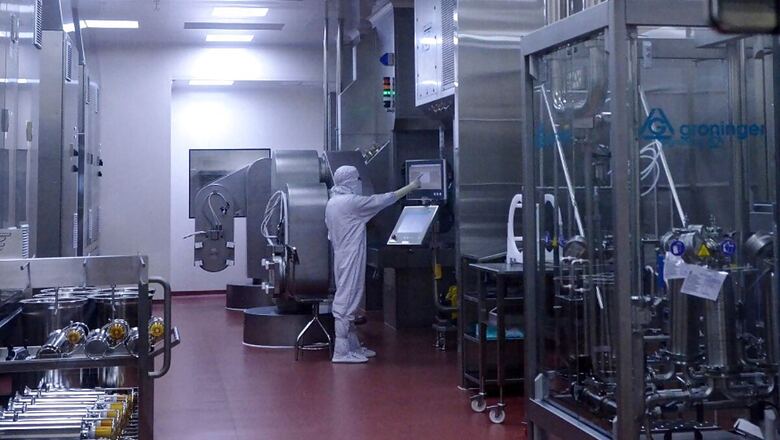
views
Dr Gagandeep Kang, one of India’s most eminent medical scientists who played a critical role in the development of the indigenous rotavirus vaccine, the first Indian woman to be elected Fellow of the Royal Society (FRS) spoke to CNN-News18 on Thursday about India’s hunt for a vaccine against COVID-19. She said that even if vaccines have an efficacy of 50 to 70%, one third to one-half of potential infections will not be prevented.
What is your take on the prioritisation strategy of the government? What sort of clarity should be there?
I do not think there are any perfect solutions to prioritisation. Accepting that, the first step is to lay down the principles by which prioritisation can be done. Once the principles are laid down, we can then begin to become more granular about which groups will be addressed first and on what basis and in which phase.
There are talks that India Inc may strike a deal with vaccine manufacturers to get the doses for their workers so that economic activity can pick up pace. What is your opinion on this?
I think it is important to understand that the vaccine is not going to be a perfect solution. Vaccines will be 50-70% efficient, which means that one-third to one-half of potential infections will not be prevented. Where India Inc is going is a three-way arrangement between the government, India Inc and manufacturers, but I do hope that such an arrangement is transparent and well-justified by the impact of the vaccine.
The Serum Institute says Rs 80,000 crore is required for procurement and distribution, the government of India disagrees, what is your position regarding the costs involved?
So, Rs 80,000 crore is about Rs 600-650 per person in the country, which does not seem unreasonable for getting two doses of vaccines for each.
Who should be vaccinated first and why?
People whose jobs put them at the highest risk of exposure to infected people should receive vaccines first. So, really healthcare workers first, and then by decreasing levels of risk.
The government has spoken about possible emergency authorisation of the vaccine. What is your view?
I think any vaccine should generate adequate safety and clinical efficacy data before wider use. We should not rely on immunogenicity data alone, unless there is clinical efficacy generated elsewhere.
What is your take on India ruling out human challenge trials?
India should do human challenge studies, but not at this time for SARS-CoV2. We have no experience in India with human challenge. We should build that experience, learn more about SARS-CoV2 and hopefully have a reasonably reliable treatment, before we think about a SARS-CoV2.
The government says by July 2021, 25 crore people would be vaccinated. Are we not running late?
I hope that happens, but I am not clear about how the supply and delivery will happen that quickly by July 2021.
Which indigenous vaccine is the front runner in India?
I think the Astra Zeneca vaccine will have interim results in the overseas, and then in India. So, if everything goes well, it will be a package for licensure.
Besides, ZyCoV-D and Covaxin will do Phase 3 studies in India and a lot will depend on how quickly they can recruit and how common the infection is in India at the time, which will determine how quickly we can have results from these studies.
Read all the Latest News and Breaking News here


















Comments
0 comment